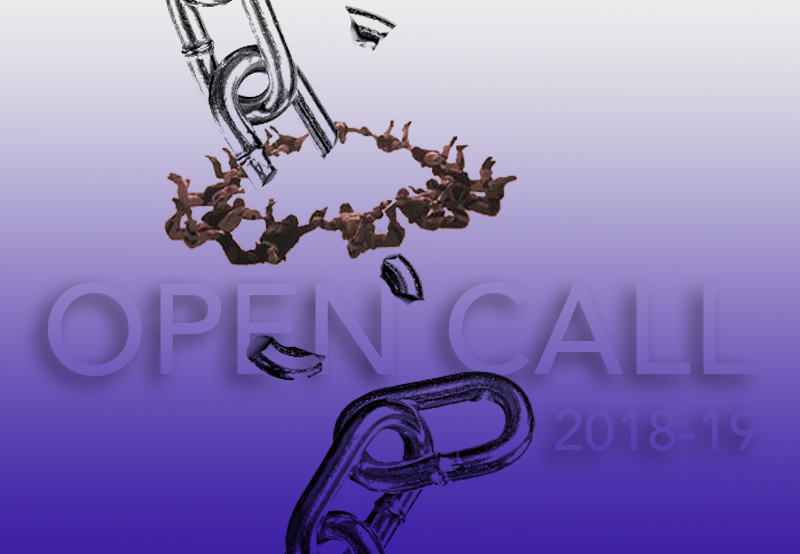


Doggerland seeks expressions of interest to publish new writing for issues 5 and 6 of the Journal. Loosely themed around two central topics, we are looking for contributions that aim to address or extend some of the questions raised by the conversations we’ve been having lately.
Sociality:
“We’re interested in the moment at which this weird inkling begins to occur, in which you realise that what we’ve been trying to figure out how to get to, is how we are when we get together to try to figure it out…” 1
We are curious how aspects of sociality can fuel a practice, glue a project together, or possess a type of transformative capacity that Fred Moten taps into in the quote above. How might this come to be defined or recognised?
For us, this has an intimate relationship with Cornel West's distinction of pleasure and joy,2 wherein pleasure might be something quite individually focussed, and joy be something more literally ecstatic, involving some loss of self.
Where are your sites of joy; where do you come together, and where do you come apart; what is the quality of these moments and spaces; and what might be required to ensure their preservation, maintenance, escape?
Idiocy:
If joy might be defined as an inherently social project, how might the individual also attain a similar movement of unbound, uncompromised free-floating agency? Taking signal from Byung-Chul Han, perhaps a type of individual ‘joy’ can be achieved by enacting the merits of idiocy.
‘Idiotism represents a practice of freedom. By nature, the idiot is unallied, un-networked, and uninformed…[with]...nothing to say, the right to say nothing.’ 3
This strikes us as a potentially productive tactic, whilst being a clearly problematic line of enquiry: who has the pleasure of dropping out, who are the people that can choose their visibility? But if ‘stupidity is also that which fatigues knowledge’,4 we want to know your own versions or engagements with idiocy or stupidity, encounters of the both, or other adopted strategies to navigate and/or negotiate. How might you weaponise your lacks? And more generally, how might our incompletenesses emanate?
Doggerland is rooted in conversations around the artist-led - in its potential capacity and positional motives - and something we see as a broad church of proudly subaltern, parallel practices. Our small publication is freely distributed and addressed to as many artist-run initiatives, galleries and projects around the UK as we can reach (around 100 at present), and sold online. For reference, please take a look at the past 4 issues on our Doggershop.
We are looking to commission short essays (2000 - 4000 words), which attempt to address the above, to publish in the next two issues of Doggerland Journal. The writing may include case studies, profiles, be self-reflexive or approach the above in a more tangential manner. The above is intended as a provocation of sorts, it is less a series of questions we want any particular answers for, and more a starting point - we ultimately want responses to whatever in the above resonates for you.
We also intend to produce a new series of podcasts that explore the themes and ideas of the new texts with each writer, discussing each text as it is in development, either via studio visits or virtually.
We can pay £200.00 per essay.
To apply: An example of previous writing, and a short proposal outlining the ideas of your text (no longer than 200 words).
Please submit applications to [email protected]
Closes: 23:59, 3rd June 2018
1 - Fred Moten, during a Poetry Project talk with Stefano Harney, 24/04/2015
2 - “Pleasure, under commodified conditions, tends to be individual and inward, but joy, [Cornel West] suggests, can cut across that: ‘Joy tries to get at those non-market values – love, care, kindness, service, solidarity, the struggle for justice – values that provide the possibility of bringing people together.’” - Radical Happiness: Moments of Collective Joy (2017), Lynne Segal.
3 - Psychopolitics: Neoliberalism and New Technologies of Power (2017), Byung-Chul Han.
4 - Avital Ronell, quoted in The Queer Art of Failure (2011), Jack Halberstam.